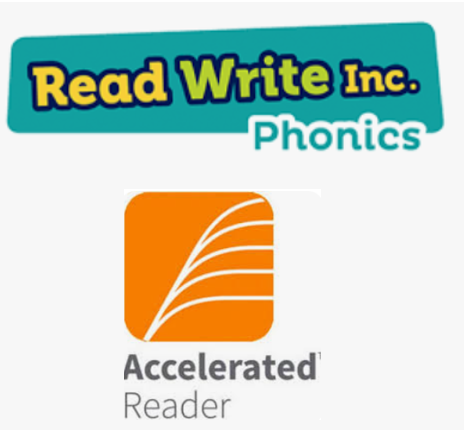At Spring Lane Primary School, reading is central to our curriculum and our children’s success. Through a robust and inclusive programme, we aim to foster confident, fluent readers who develop a lifelong love of books.
We use the Read Write Inc. (RWI) programme to teach phonics in Early Years and Key Stage 1, laying a strong foundation for reading. For Key Stage 2, we use the Accelerated Reader (AR) programme to build comprehension skills and encourage independent reading.







